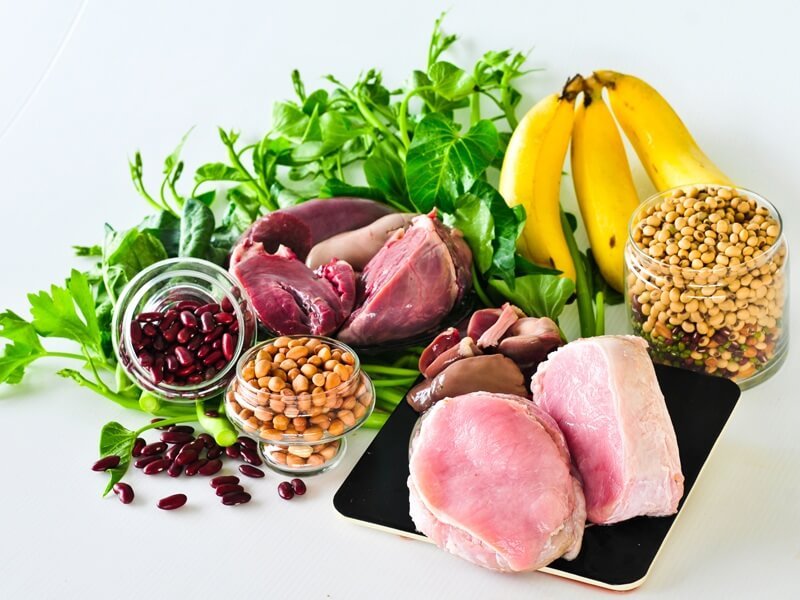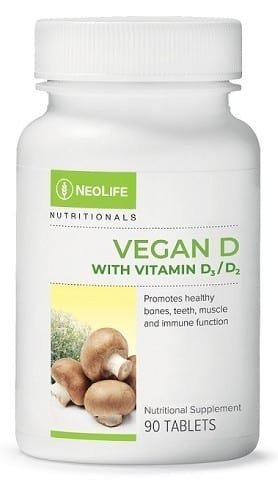Two major ways to up your vitamin B intake
Recent data for England and Wales revealed that cases of vitamin B deficiencies have tripled from a decade ago
Eat more mushrooms, avocado, eggs and wholegrains
Recent NHS hospital data for England and Wales revealed that cases of all vitamin B deficiencies, including B12 but also folate and other B vitamins, have tripled from 57,406 a decade ago to 167,562 in 2022.
“Because B vitamins are water soluble and easily lost through bodily fluids, we need to have a good intake in the diet every day,” says Rhiannon Lambert, a dietician and the author of The Science of Nutrition. “They play an important role in keeping our nervous system healthy and our bodies energised.” Get vitamin B1, or thiamin, from wholegrains, peas and nuts, B2 in mushrooms, B3 in wheat flour and B5 in eggs and avocado. “Edamame beans and chickpeas are a good source of vitamin B9, or folate.”
Vegans: consider taking a B12 supplement
Last July the National Institute for Health and Care Excellence (Nice) published its first draft guidelines for diagnosing and treating vitamin B12 deficiency amid concerns that it is underdiagnosed. An essential micronutrient, the vitamin plays an important role in red blood cell production, energy, metabolism and nerve function. It is not found in plant foods unless they are fortified and Professor Martin Warren of the Quadram Institute, a group of researchers, academics and NHS clinicians, has warned of “a hidden epidemic of vitamin B12 deficiency among vegetarian and vegan populations”.
In the UK, the recommended nutritional intake for B12 is set at 1.5mcg a day for adults and if you don’t eat meat, eggs, fish or milk you may need a supplement of 4-7mcg daily. “Ask your GP to periodically check your B12 levels via a blood test if you eat a plant-based diet,” Lambert says. “They will also advise on whether you need supplements.”
Credit: Peta Bee, The Times of London



